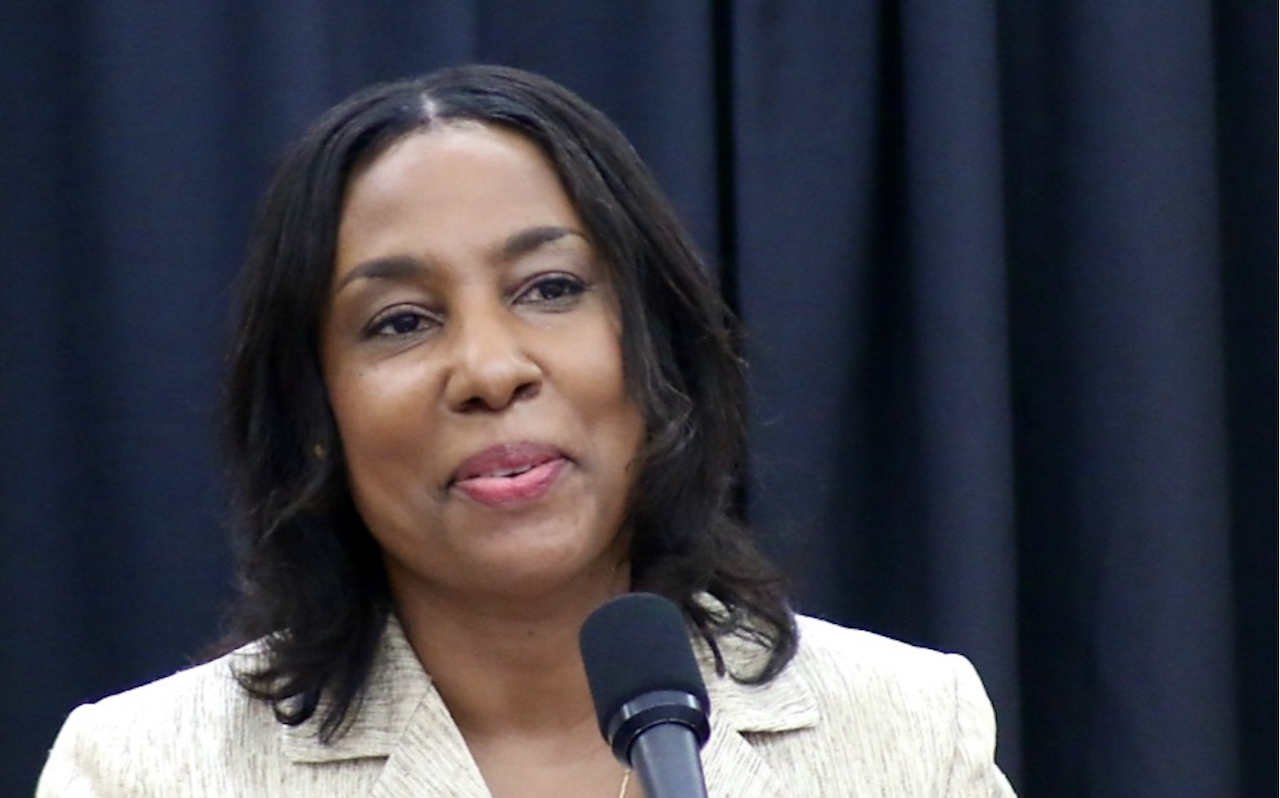Barbados Private Sector Association Chairman Optimistic About Economic Growth as Central Bank Reports $12.8 Billion Boost

August 1, 2024
Barbados Private Sector Association chairman Trisha Tannis discusses the country's economic growth, positive indicators, foreign exchange influx, and improved employment figures on Voice of Barbados.
The business community’s chief spokesperson on Wednesday appeared buoyish about the country’s economic trajectory, following the Central Bank’s announcement of four per cent growth that pumped $12.8 billion into the economy this year.
Appearing on Voice of Barbados‘ Down to Brass Tacks call-in programme, Barbados Private Sector Association chairman Trisha Tannis expressed her satisfaction and highlighted key areas of progress and concern.
She said: “We would have all seen or heard by now the government’s report and presentation on the performance of the first six months of the calendar year, albeit the first three months of the government’s fiscal year. And I believe that we are all objectively very happy with what we heard, certainly in the business community and from the environmental community perspective as well.”
Acknowledging the positive indicators of economic growth, she noted the consecutive quarterly increases. “We continue to be very encouraged by the growth and expansion of the economy, particularly the consecutive quarterly growth, which we know all spell well in terms of heading in the right direction. And from the 70s and 80s and the COVID-19 impact on our economy further and further behind us.”
A significant highlight is the influx of foreign exchange holdings. Tannis pointed out: “We’re also encouraged by the influx of the foreign exchange, the foreign exchange holdings—33 weeks is almost double what is normally required in terms of a week’s stop. That spells well for the private sector as well, particularly the retail and distributive sectors, who typically would rely on the buoyancy of such inflows to trade and to do business in Barbados, particularly considering that we are over 90-95 per cent of the economy.”
Employment figures also show improvement, with the unemployment rate dropping. “We’re also very heartened by the reduction, at least at that point in time, at the end of June in unemployment, going to 6.9… I think the best 30-year average.”
But the BPSA chair said she remained vigilant about gender disparities in employment. “We still are keeping our eye, though, on the gender influence in that unemployment. I’m still going to see female unemployment at a slightly higher level than male unemployment, and that worries us because we are a largely matriarchal society in terms of female households… certainly, we need females back to work if we’re to see a broader economic and faster economic benefit.”
Tannis, who is also the co-chair of the Barbados Economic Recovery and Transformation (BERT) programme monitoring committee, acknowledged the government’s commitments and the positive feedback from international bodies. “We… issued our March report in the media… two weeks ago, and the government continues to fulfil its obligations under the International Monetary Fund (IMF) programme. The IMF seems generally pleased with the progress, of course. Things could always be better. The state-owned enterprise reform is one such point of discomfort that’s lagging, and of course, from the private sector’s perspective… we’re never happy with the pace at which these facilitation reforms are occurring that would satisfy the planners.”
She also highlighted the importance of creating a conducive environment for investment. “As much as we speak about the investment, we also need to speak about the facilitative environment that investment is going to find itself operating in. And that is something that we are monitoring very, very, very closely. We have to be careful that we don’t overheat the appetite. And when the funds come and they are coming, we put them to wait and sit down for unreasonable views of all these things that are our mindsets, our policies, our procedures, our mechanisms, and our regulations.”
In the Central Bank’s economic review of the first half of the year, Governor Dr Kevin Greenidge attributed the growth to two years of solid economic performance, with an estimated 4.4 per cent expansion in 2023 driven by another robust showing from the tourism industry. He projected that this level of improvement is expected to continue into the coming fiscal year.
The first half of this year saw real GDP growth reach 4.5 per cent, up from 3.9 per cent year on year. Unemployment fell from 8.9 per cent to 6.9 per cent, while inflation dropped from 5.9 per cent to 2.7 per cent year on year. Foreign exchange reserves increased to $3.2 billion, up from $3.1 billion in 2023. The primary balance improved from a surplus of 1.2 per cent of GDP to 3.5 per cent, and the debt-to-GDP ratio decreased from 117.5 per cent to 105.3 per cent.


